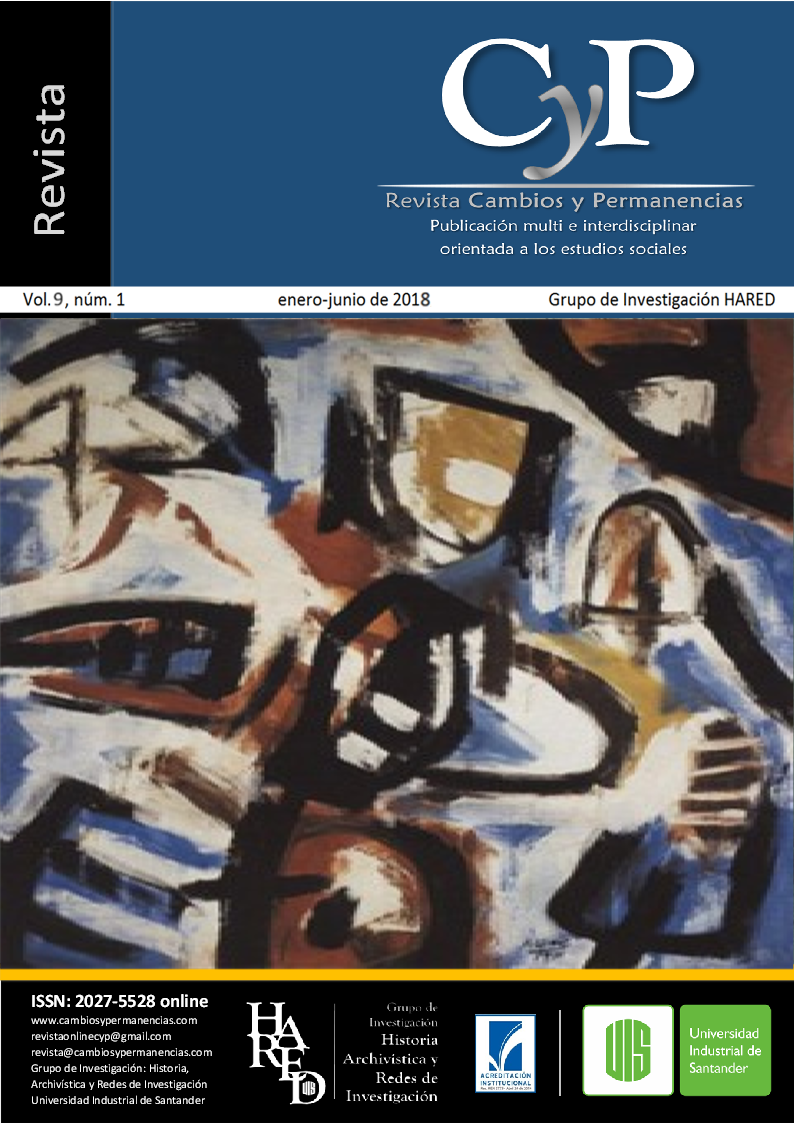Published 2018-06-01
Keywords
- narration,
- body,
- body practices,
- experience
How to Cite
Abstract
This investigation was centered on unveiling the way as lived experience of three teachers formed their bodies. For this biographical narrative method was used. The teachers did restropection about themelves through interviews, biograms, and informal talks. Later, the stories were articulated by the interpretation from the theoretical, giving a perspective to the meaning of their words. It was found a historical subject crossed by a few familiar and school practices permeated the installed speeches. Narrate this experience allowed think the place that the teachers occupy in their formation and the relation between investigation and formation.
Downloads
References
Arévalo, A. (2010). La experiencia de sí como investigadora. En D. Contreras, Investigar la Experiencia investigativa (págs. 188-198). Madrid: Morata, S.L.
Breton, D. L. (2006). La Antropolgía del cuerpo y la modernidad. Buenos Aires: Nueva Visión.
Foucault, M. (1976). Vigilar y castigar. México: Siglo XXI.
Goffman, E. (1981). La representación del hombre en la vida cotidiana. Buenos Aires: Amorrartu.
Larrosa, J. (2010). Herido de realidad y en busca de realidad.Nostas sobre el lenguaje de la experiencia. En J. D. Contreras, Investigar la experiencia educativa (pp. 87-116). Madrid.: Ediciones
Moratas S.L. y Le Breton, D. (2006). Antopología del cuerpo en la modernidad. Buenos Aires.
Pedraza, Z. (2010). Saber, cuerpo y escuela. Calle 14, 44-57.
Planella, J. (2006). Cuerpo, cultura y educación. Bilbao: Desclée de Brouwer, S.A.
Saldarriaga, O. (2003). Del oficio del maestro. Bogotá: Magisterio.
Turner, B. (1989). El cuerpo y la sociedad. Ciudad de México: FCE.
Zambrano, A. (2007). Formación, experiencia y saber. Bogotá: Coopertativa Editorial Magisterio.


